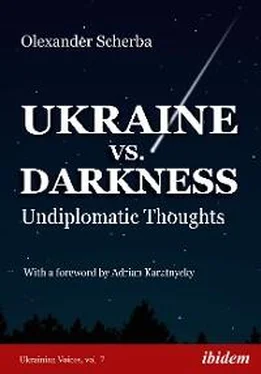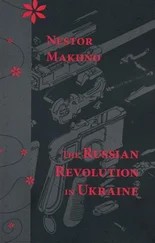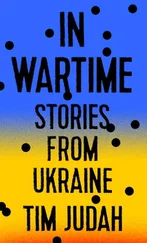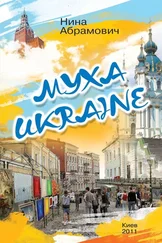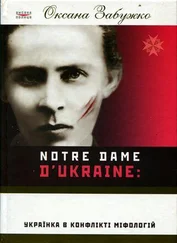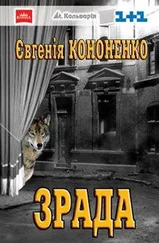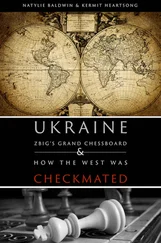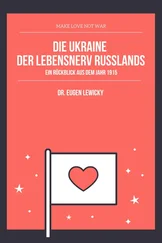Ukraine is the historical crossroads of Europe’s East. You’ll find all kinds of villages in Ukrainian countryside: Russian, Crimean Tatar, Swedish, Bulgarian, Albanian, Turkish. All mixed together, knit in one big patchwork called Ukraine. It’s a country where at every step, you meet people either bilingual (Ukrainian/Russian) or even trilingual (Ukrainian/Russian + a language of a neighboring country, be it Poland, Hungary, or Bulgaria). Ukraine also used to have a large Jewish community, which, unfortunately, grew considerably smaller after the fall of the Soviet Union. What you saw in “Fiddler on the Roof” was Ukraine, not Russia.
Having the world’s most fertile land, historically Ukraine had a reputation as Europe’s breadbasket. Under the Soviet Union, it was also the Soviet Empire’s industrial core and factory floor.
I spent my childhood being a proud Soviet kid, rooting for the cause of freedom in the most distant corners of the world—like socialist Cuba and Vietnam—and feeling sincerely sorry for all the working people around the globe oppressed by the United States. When thinking back, I remember two moments that shaped my perception of the West as a child.
First, at the age of about 7, I saw a documentary on the possible consequences of the nuclear Holocaust American militarists were about to unleash on the world. Burnt bodies, destroyed homes, nuclear winter. After this I was so traumatized, I couldn’t eat for a couple of days.
Second, at about 8, I once missed my bedtime and accidentally caught some scenes from a Soviet propaganda film on TV about the rotting, greedy, amoral West. It was filled with random pictures from horror films and wild night clubs, played back to the tune of ABBA’s “Money, money”. For many years afterward, I started feeling nauseous whenever I heard that song.
Of course, the realization that the American nuclear bomb could hit any minute and destroy our lives was terrifying. Though it never materialized in reality, a radioactive mushroom cloud hung over our heads in children’s imaginations. Later on, after the Soviet Union’s death, I spent hours talking to my American and European friends, discovering how similar we felt in those years on the different sides of the Berlin Wall.
I am Ukrainian, my country is Ukraine—but at first, I grew up in a reality where it didn’t play any significant role. Ukraine was just a “Soviet Socialist Republic”, one of many, many ingredients in the big red bowl of borscht called the USSR. We were told, our big Soviet bowl tasted the best in the world. At some point in time, we realized it was a slight overstatement.
The “point in time” was Mikhail Gorbachev’s perestroika. It was one of the high points of my youth—discovering freedom. What an exquisite pleasure it was—spending months and even years absorbing all the books, films, music that were prohibited for generations and then poured into our Soviet world like a stream of fresh air. There were weeks during my student youth when I barely slept—watching Andrey Tarkovskiy and Alan Parker films during the day and listening to the Beatles and Bob Marley albums on the radio at night. This intoxicating experience accompanied me my whole life: meeting freedom, tasting it, inhaling it—and never letting go of it.
For those less familiar with Ukraine, here are some more basic facts about her. It’s the largest country situated wholly in Europe, with a population of around 43 million people. Ukraine’s capital is Kyiv (three million of the population). We dislike the Russian-originated spelling “Kiev”—as it reminds us of our colonial past under the Russian empire. If you reject colonialism—you use the Ukrainian spelling: “Kyiv”, “Odesa”, “Lviv” …
Ukraine’s early history dates back to the “Kyivan Rus” (or just “Rus”), a large ancient Slavic state that dominated Eastern Europe a century later after the empire of Charlemagne dominated Europe’s central and western part. The Kyivan Rus peaked under the great king Yaroslav the Wise (978–1054)—a time when Kyiv was among the most prominent and largest cities in Europe.
Yet relatively soon afterward the usual thing happened: the powerful Slavic state got split by Yaroslav’s feuding successors. Historians disagree about what happened in the following centuries, but by all accounts, we didn’t have much luck. The common denominator seems to be this. First, the state got plundered, destroyed and burnt to the ground by the Tatar-Mongol “Golden Horde”. Second, it got rolled over and divided by the European empires. Third, a big part of today’s Ukraine got enslaved for centuries by the Russian tsars.
As to the brutal first half of the 20th century—professor Timothy Snyder dubbed this part of Europe “Bloodlands.” 1Nowhere else on the continent was the death toll as high as here. The two world wars, the Holocaust, the Stalin terror, the 1932–33 artificial hunger (Holodomor) left their bloody footprint in Ukraine, like nowhere else. More Ukrainians died fighting Hitler than Americans, French, and British combined. Including my two great-uncles.
In 1991, with Ukraine’s active help, the Soviet Union fell apart. History gave us Ukrainians another chance at statehood.
Today, Ukraine is, first and foremost, a product of her complicated, bloody history. We feel like a part of Europe, but may look like a part of Russia. With our thoughts, we are in the West. With our sins, we are in the East. Most people heading to Ukraine for the first time come back positively impressed, though. Kyiv is a modern European metropole with plenty to see and enjoy. A rich historical heritage, creative restaurants, hip night clubs, but, most importantly, the scent of freedom in the air make Kyiv “the new Berlin”. At least we Ukrainians like this Kyiv/Berlin comparison very much indeed.
I’ll never forget a scene I witnessed during the European football championship in Ukraine in 2012, when Kyiv crawled with fans from all over Europe. Kyiv’s main square—the famous Maidan. Ukrainian street musicians playing Pink Floyd’s “We don’t need no education; we don’t need no thought control”. And the whole crowd—Ukrainians, Swedes, English—singing along. Peaceful, full of anticipation, and a bit drunk. For me, this was the moment of truth, with Europe and Ukraine on the same page. I wished it had lasted longer. At some point, it will.
Ukraine has her problems, no question about that. As a nation that for centuries had no state, we have an elite that has no strong sense of state and is occasionally incapable of fulfilling its duties; primarily—the duty to lead. That’s one of the reasons we have a reputation of being a “corrupt country”—a reputation that I would not completely agree with, considering that during Ukraine’s two revolutions within one decade (2004 and 2014), not a single store was looted or robbed out. That’s not exactly what you expect from a “corrupt people”. Has anyone heard of such revolutions before?
This shows Ukraine’s fundamental paradox and contradiction: we are a country of decent, hard-working people who haven’t produced the right elite yet. The elite that we have right now is often clueless and indeed corrupt. A part of it infects Ukraine with its own sins, confuses her and robs her of hope, drags the nation down, instead of leading her forward. This contradiction is among a number of reasons why Ukraine hasn’t been able to make a decisive step towards the future so far, i.e., towards United Europe. Not yet.
I wrote some of the chapters of this book while watching the impeachment saga unfolding in the US. A saga that was insulting, to say the least, to most Ukrainians. If someone were playing a drinking game during the hearings and having a vodka shot every time the words “Ukraine” and “corruption” were used in the same sentence, this “someone” would be dead on the first day.
Читать дальше
